How to Spot Authentic Craftsman Woodwork
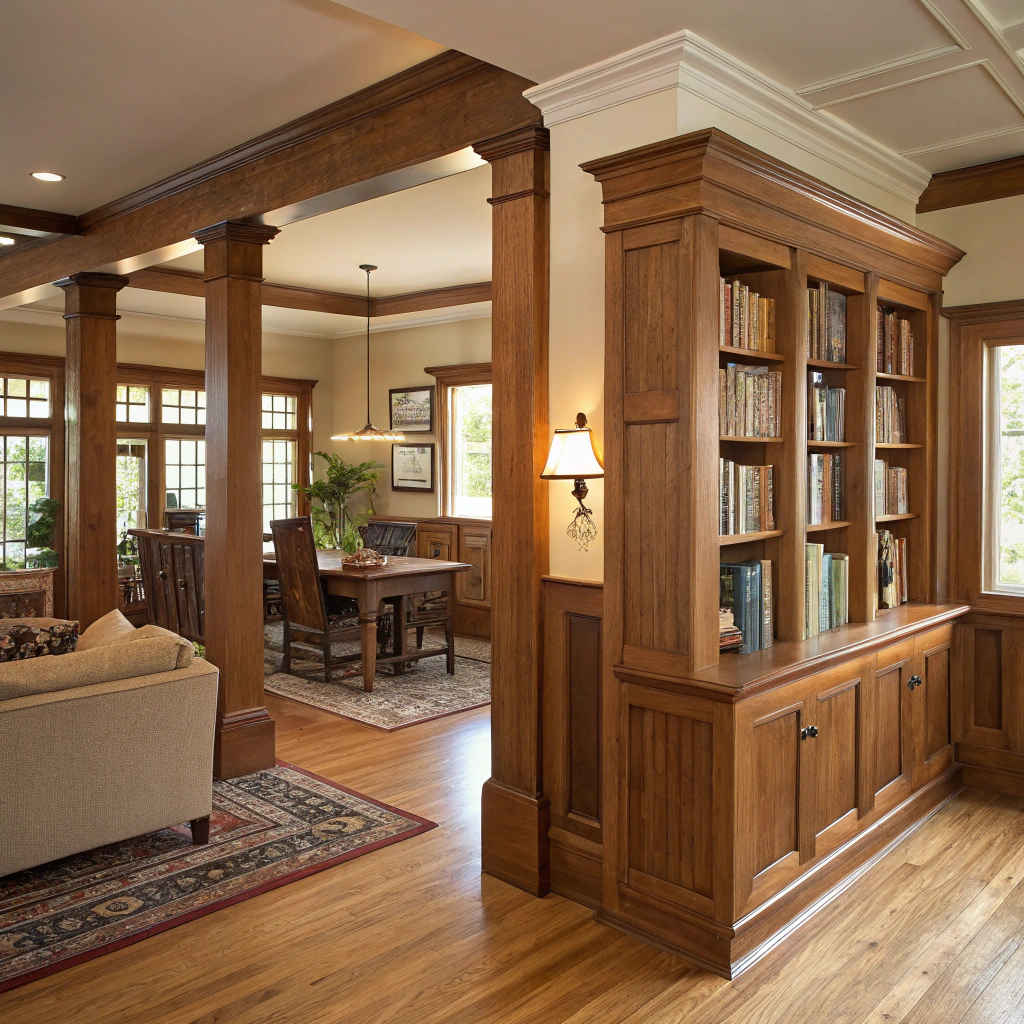
Why Woodwork Matters in a Craftsman Home
Wood is the soul of a Craftsman home. Whether it’s framing a doorway, supporting a mantel, or lining a stairwell, original woodwork offers a glimpse into early 20th-century craftsmanship. But how do you tell what’s original and what’s a modern copy?
Look for the Grain – and the Patina
Original Craftsman woodwork is usually made of oak, fir, or mahogany. You’ll see:
- Tight, straight grain (especially in quartersawn oak)
- A warm patina that can’t be faked
- Subtle wear that shows age without looking damaged
Built-In Details and Symmetry
True Craftsman homes often include:
- Bookcases with glass-front doors
- Window benches
- Sideboards or buffets in the dining room
These pieces are usually inset into the architecture—removing them would leave a visible gap.
Hand-Finished Joinery
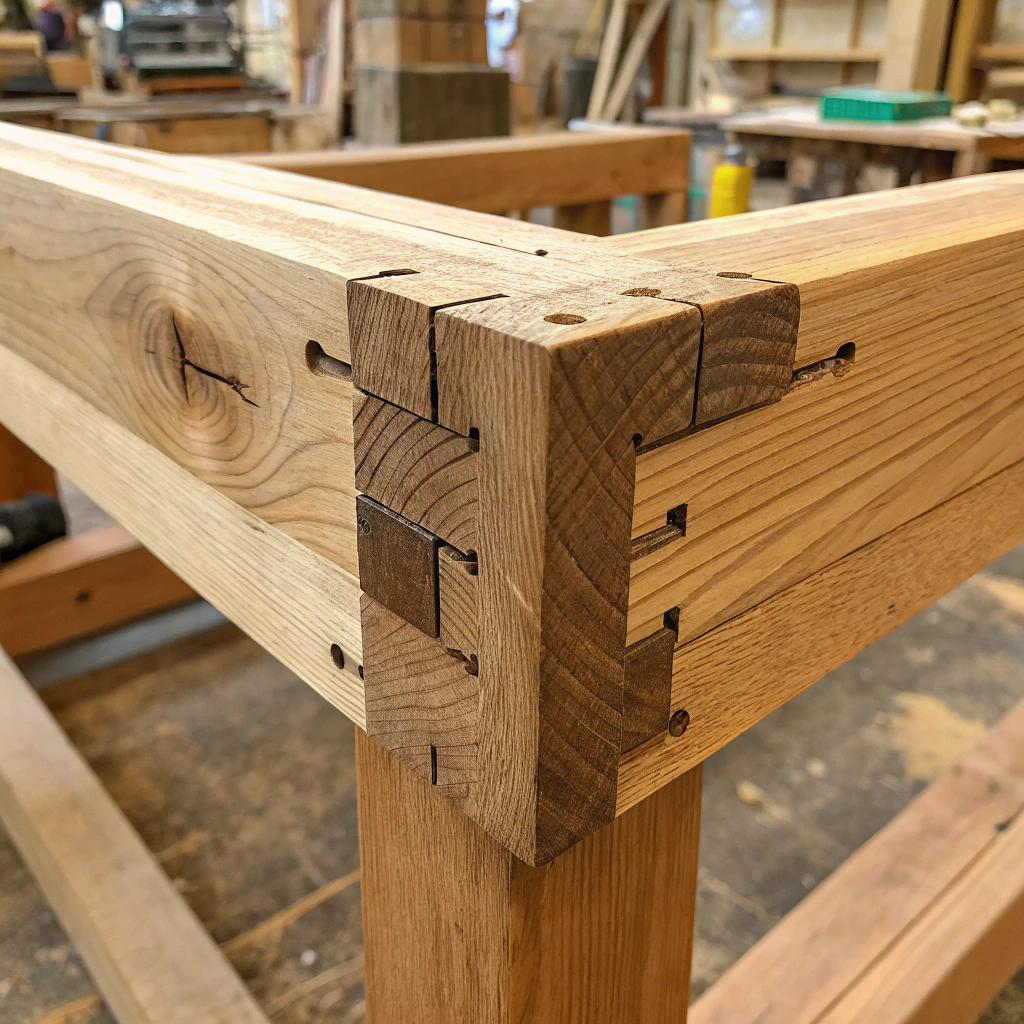
Check for:
- Mortise and tenon joints
- Dovetail drawers in built-ins
- Smooth transitions between pieces with minimal hardware
These details indicate that the wood was custom-built, not mass-produced.
Consistency in Trim and Profiles
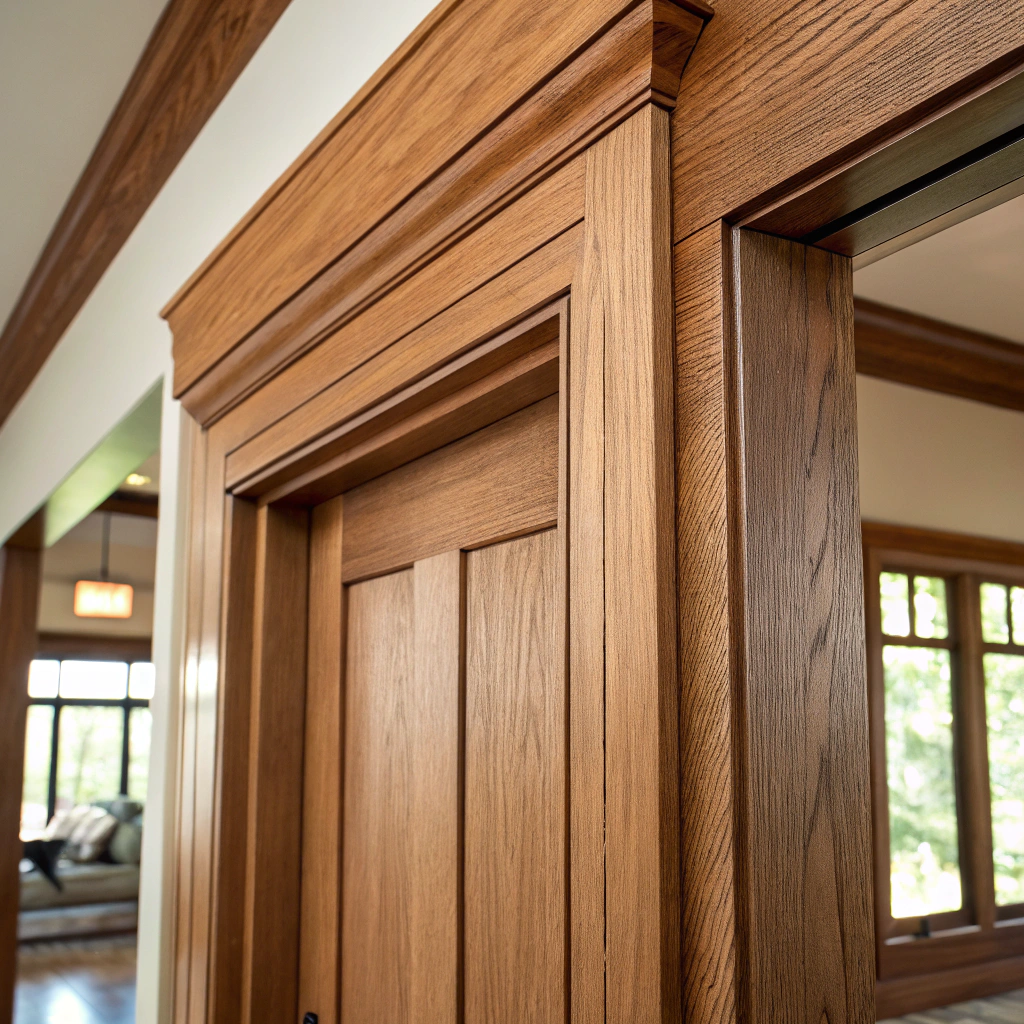
Original Craftsman homes tend to use matching wood trim throughout the house—door casings, window frames, baseboards, and crown molding should feel like part of a whole. Watch out for inconsistencies or mismatched stain colors, which can suggest repairs or replacements.
Signs It’s Not Original
Red flags that woodwork may be modern or altered:
- MDF (medium-density fiberboard) or pressboard used instead of real wood
- Nail holes or screw heads showing
- Overly glossy or thick polyurethane finishes
Preserve What You Can
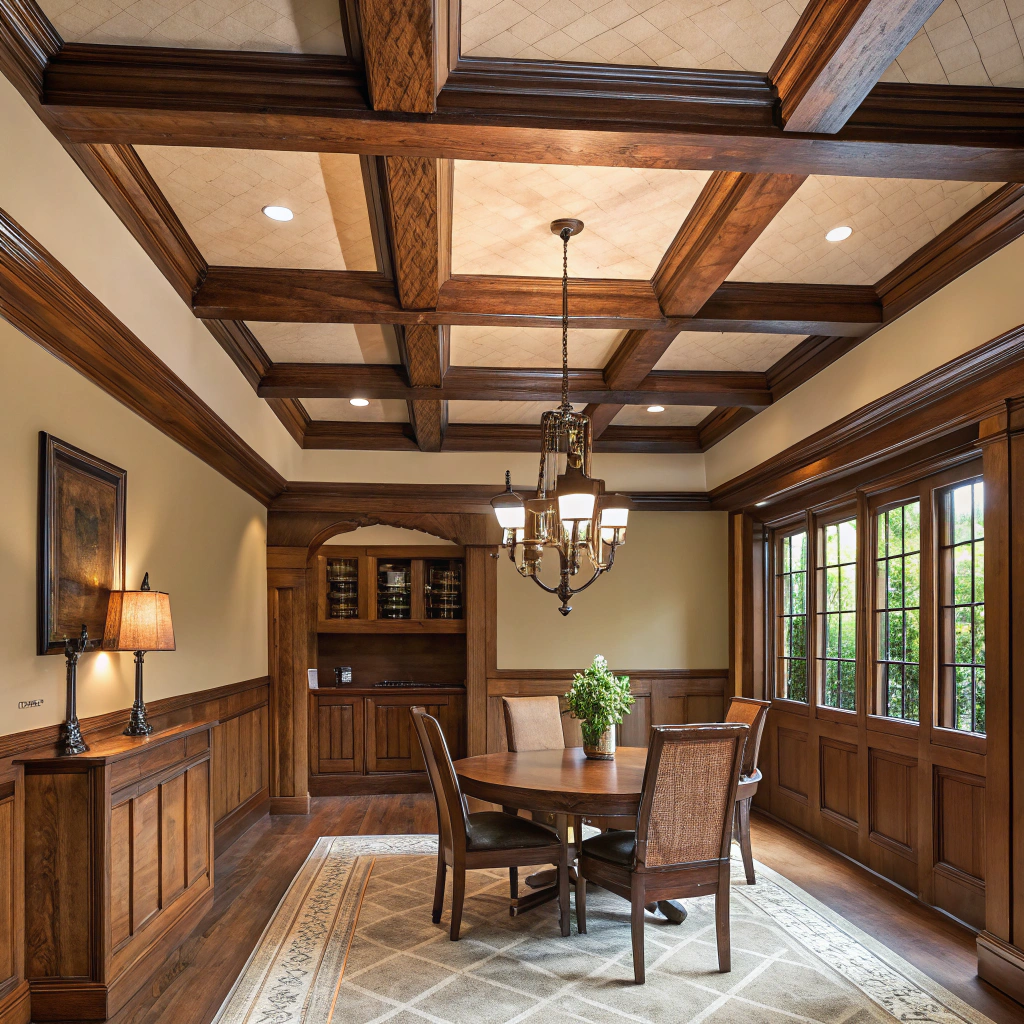
Even if parts of your Craftsman’s woodwork have been replaced, keeping as much of the original as possible retains both the home’s soul and value. When in doubt, consult a restoration carpenter or preservationist to assess what can be restored.
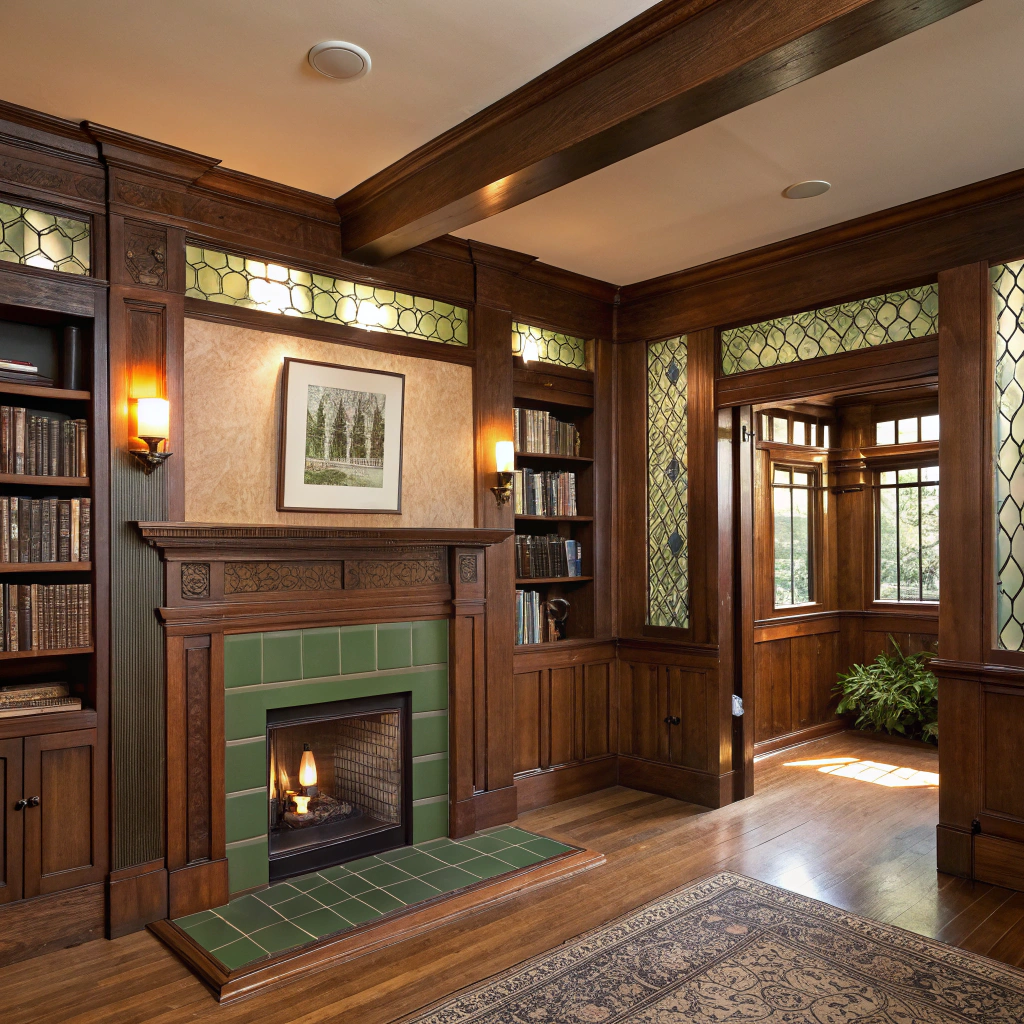



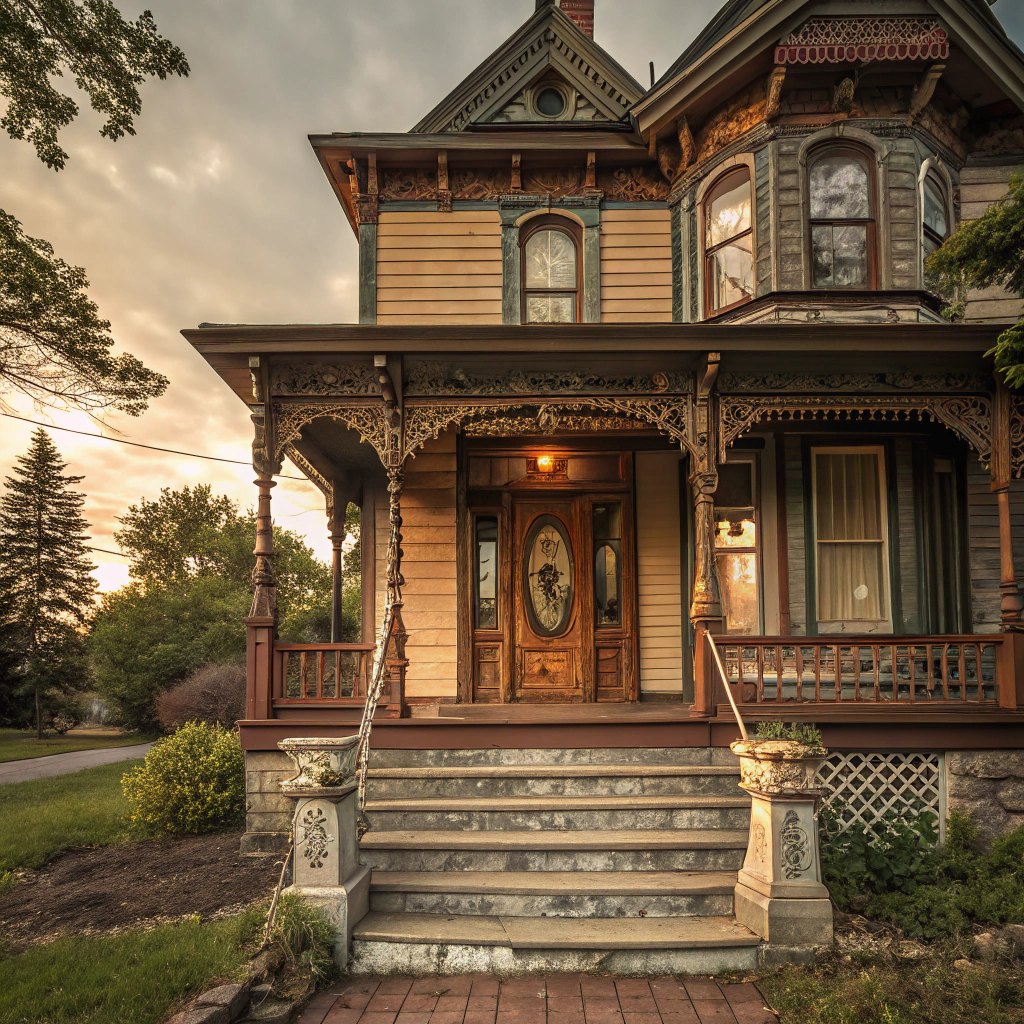
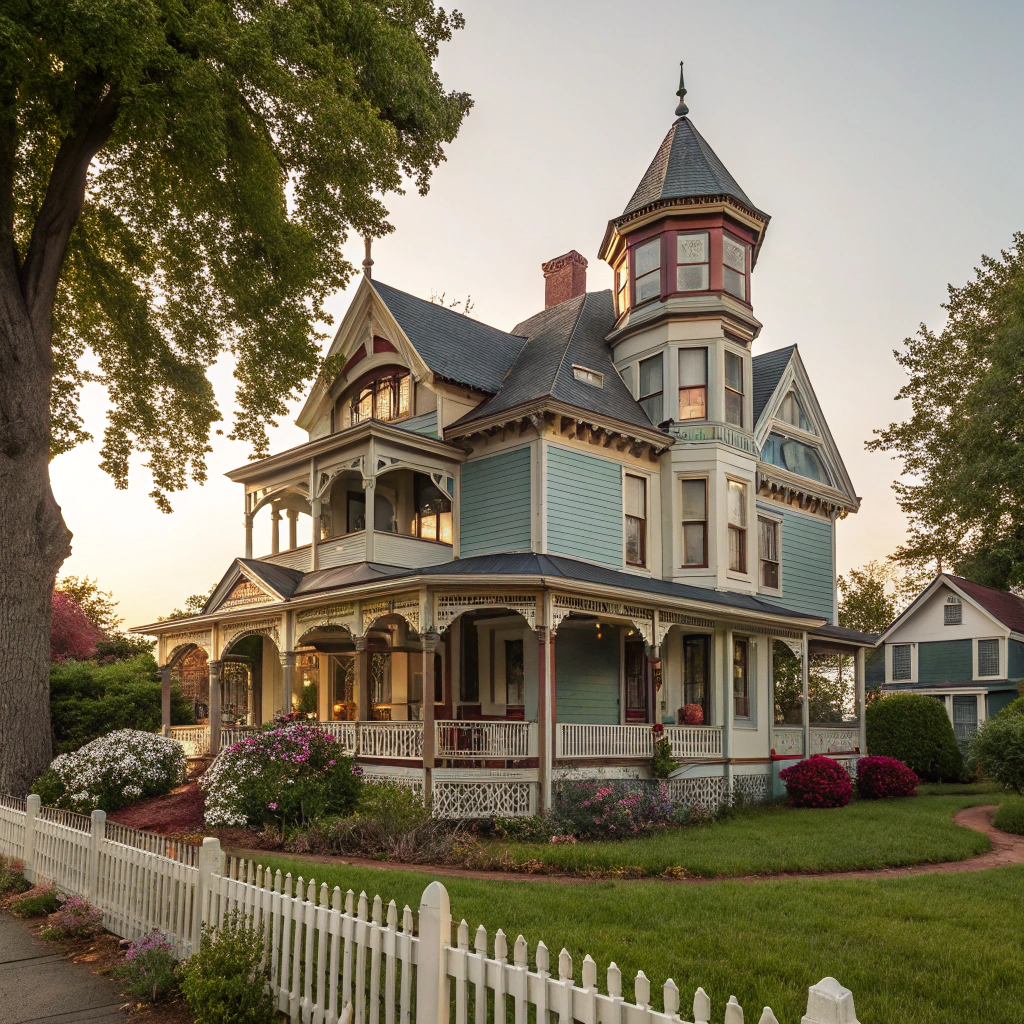
Post Comment
You must be logged in to post a comment.